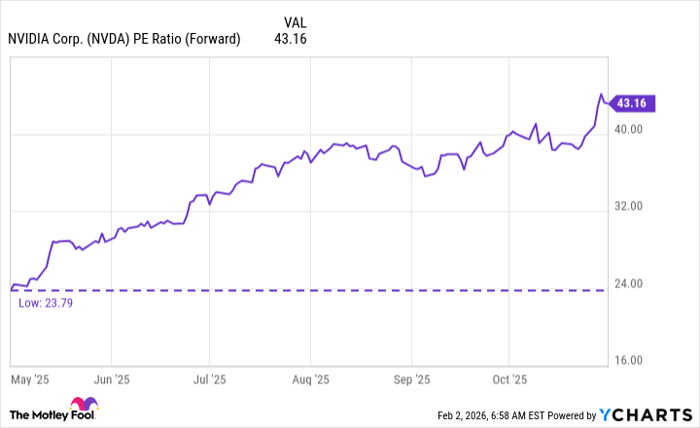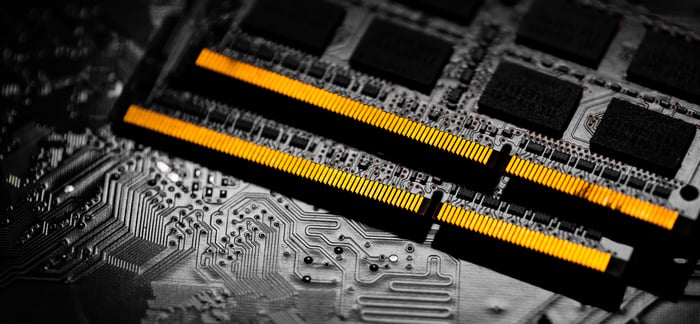Chamath Palihapitiya Highlights Huawei’s Disruptive Market Strategy
Chamath Palihapitiya shared insights on X regarding Huawei’s strategic maneuvers in the technology sector. He noted that Huawei, a leading Chinese tech company, has effectively adopted a “low-end disruptor” strategy. This approach focuses on creating products that match or exceed the quality of established market leaders but are offered at lower prices.
Competitive Landscape
The SPAC King pointed to multiple firms that Huawei has surpassed, including Telefonaktiebolaget LM Ericsson ERIC, Nokia Oyj NOK, and Cisco Systems, Inc. CISCO. Additionally, he observed that Huawei is making inroads against QUALCOMM Incorporated QCOM and has set its sights on Nvidia Corporation NVDA. These remarks arrive as discussions grow regarding China’s tech advancements and their influence on global markets.
Technological Advancements Amid Challenges
Palihapitiya’s insights coincide with current developments in China’s tech industry, where companies like Huawei continue to advance, even in the face of international difficulties. Recently, reports highlighted Huawei’s initiatives to create in-house chips to mitigate the effects of U.S. sanctions.
Implications for the Market
Palihapitiya’s statements highlight the increasing competitive pressure Chinese firms are putting on Western tech giants. Huawei’s focus on delivering high-quality, affordable products is reshaping the market dynamics. This shift is especially significant as China enhances its chip manufacturing capabilities, even without access to advanced technology from ASML Holding.
Moreover, Huawei is intensifying its efforts to replace U.S. components by designing its own chips and operating systems. Its Kirin X90 chip recently gained national security clearance. As Huawei’s existing Windows license approaches its expiration, the company plans to launch HarmonyOS-driven PCs later this year, further decreasing reliance on American technology amid rising U.S.-China trade tensions.
Palihapitiya has previously raised concerns regarding companies like Nvidia, questioning whether they act in the best interests of the U.S. This underscores the geopolitical implications surrounding these technological developments.

Photo Courtesy: Kathy Hutchins on Shutterstock.com
Read Next:
This story was generated using Benzinga Neuro and edited by Shivdeep Dhaliwal
Market News and Data brought to you by Benzinga APIs









